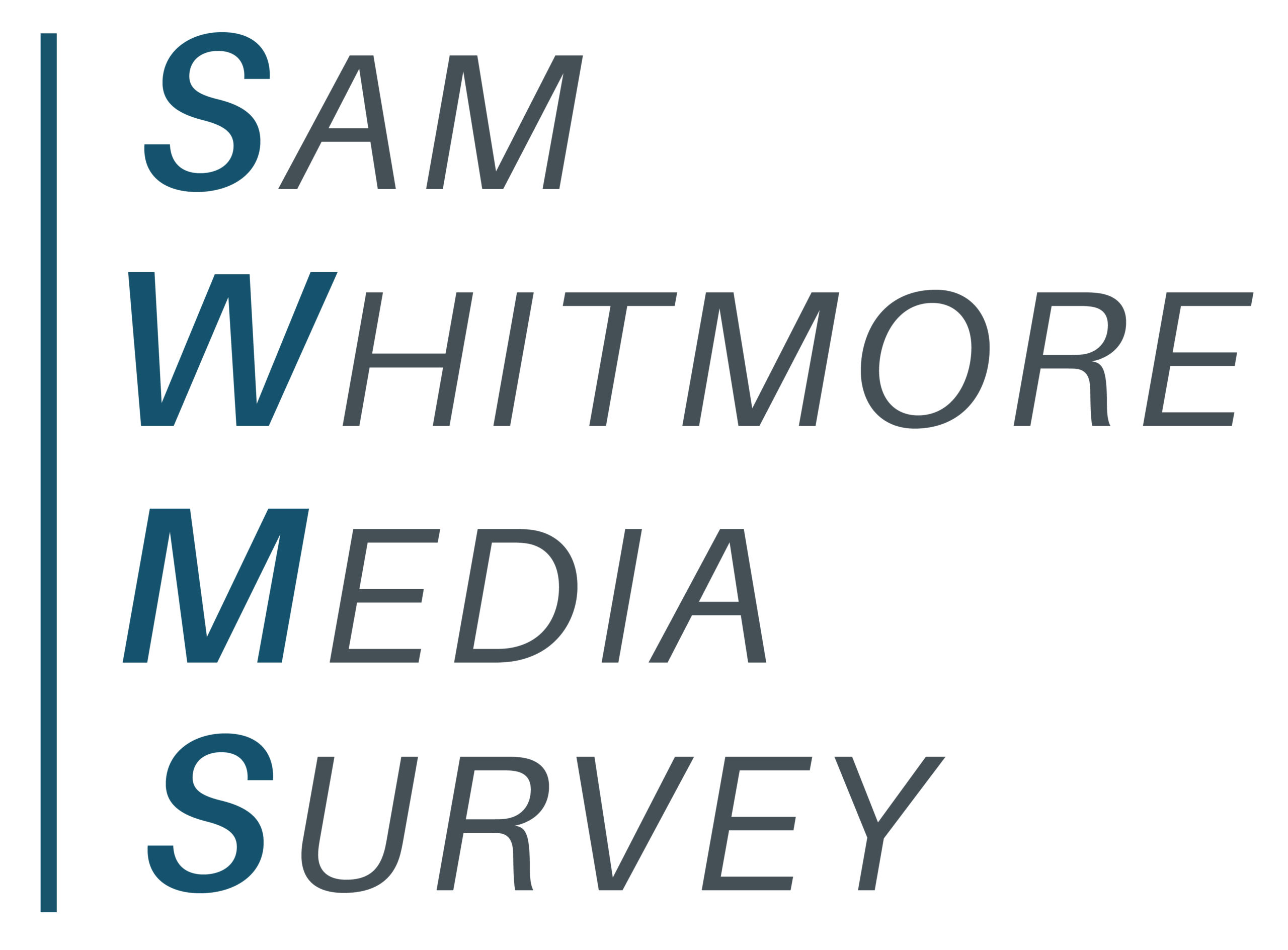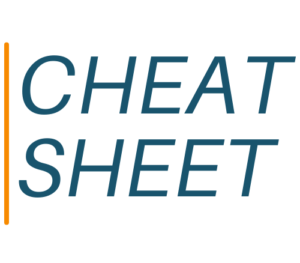
The New TechNews, and a PR Pitch Model for 2023
Search platform TechNews last month introduced features that let users spot trends deep within tech editorial. Launched as IT Database in 2007, TechNews is widely used within tech PR to learn who is writing what.









